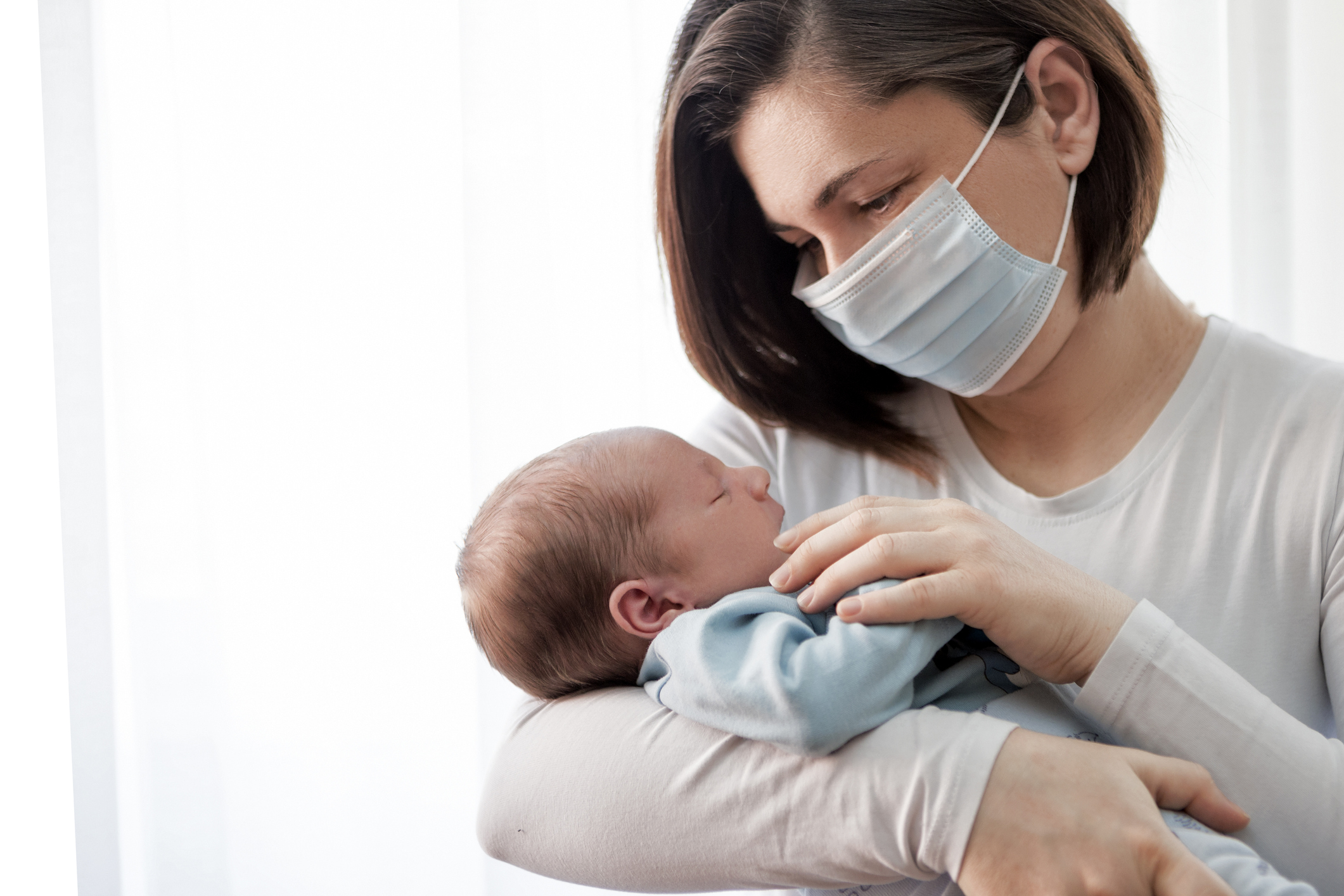Long COVID refers to a range of persistent symptoms that can linger for weeks, months or years after...
Read More

Vaccines are giving hope of widespread inoculation against the COVID-19 virus, but misinformation continues to be spread about their potential effects on our bodies. A common reason for vaccine hesitancy among young people is concern about the potential long-term effects on fertility and in children. Although these vaccines are relatively new, and research is still ongoing, it’s important to be ready to address the concerns of your patients and provide accurate information.
No. Whether your patient is trying to conceive now or wants to get pregnant in the future, they may safely receive a COVID-19 vaccine. The vaccines are being studied carefully for side effects, and there is currently no evidence that they cause fertility problems.
Neely Elisha, D.O., an OB/GYN at Inspira Medical Group, advised, “While there have been anecdotal reports of the COVID-19 vaccine temporarily affecting menstrual cycles, there is no reason we should be concerned about any long-term effects on fertility at this point in time.”
In fact, the risks of contracting the virus seem to outweigh the risks of getting vaccinated. “We should be more concerned about patients contracting COVID-19 than getting vaccinated,” she continued. “There are much higher risks to getting the virus—such as a chance of blood clots.”
Yes, the vaccines are safe for those who are pregnant. We know that pregnancy can increase the risk of poor outcomes from a COVID infection, so the vaccine is an important layer of protection for pregnant patients.
“Pregnant people are more likely to have severe cases of COVID-19 and end up in the intensive care unit—there’s a higher risk of both blood clots and miscarriage,” said Dr. Elisha. “It’s important to reassure patients that it is safe to get the vaccine, and it’s even more crucial to clarify the risks of contracting the virus for these patients.”
The good news is, it’s likely that pregnant patients who decide to get vaccinated will pass antibodies on to their child. “There’s a high likelihood that antibodies can be passed through the placenta, especially in the third trimester—just like other vaccines we know of like whooping cough,” said Dr. Elisha. “In addition, it’s likely that vaccinated patients who are breastfeeding their newborns will pass antibodies on through their breast milk.”
Getting vaccinated is a personal decision that is theirs to make. However, if they choose not to get the vaccine, it’s critical to emphasize that they should continue with COVID-19 safety protocols: wearing a mask around others, social distancing and frequent hand washing.
Currently, the Pfizer vaccine is safely available for children ages 12 to 15, but younger children are still ineligible at this time.
So, what should parents of eligible children know about the vaccine? A good place to start is that side effects are usually very mild and serious side effects are rare. Adolescents might have some pain at the injection site, fatigue, a headache, chills, muscle soreness, a fever and sometimes joint pain. “These side effects are temporary, and the benefits of getting vaccinated outweigh the risks for children,” said Haytham Hamwi, M.D., a Nemours Children's Health pediatrician and pediatric hospitalist at Inspira Medical Center in Mullica Hill.
While cases of COVID-19 are generally less severe in children than in adults, there are some pediatric patients who may be affected more seriously—those with immunodeficiencies or other comorbidities. There has also been evidence of some young COVID-19 patients developing multisystem inflammatory syndrome, which can affect children long-term by targeting other systems in their bodies.
While we’re seeing a light at the end of the tunnel when it comes to the pandemic, there are still many risks out there, especially for those who are not vaccinated. Children under age 12 are still at risk of contracting COVID-19. It’s best for them to continue social distancing, handwashing and wearing masks if at the appropriate age.
What about vaccinated adults with children under the age 12 in their homes? “We should continue to be careful with bacteria and virus transmission. Unimmunized children are still at risk of infection; this is especially important for children with immunodeficiency and other comorbidities such as asthma and obesity,” said Dr. Hamwi.
When it comes to communicating with patients who are concerned about vaccines, both Dr. Hamwi and Dr. Elisha agreed that the most important thing is open communication and empathy. “Explain to your patients why the benefits of the vaccine outweigh the risks, listen to and address their concerns, and always respect their decisions,” said Dr. Hamwi. “The best we can do, as healthcare providers, is to listen and share all of the information we have so they can make informed decisions for their health and the health of their families.”

Long COVID refers to a range of persistent symptoms that can linger for weeks, months or years after...
Read More
A Very COVID Christmas: How to Celebrate Safely
Read More
After more than two years of masks, social distancing and travel restrictions, this winter is likely...
Read More
The material set forth in this site in no way seeks to diagnose or treat illness or to serve as a substitute for professional medical care. Please speak with your health care provider if you have a health concern or if you are considering adopting any exercise program or dietary guidelines. For permission to reprint any portion of this website or to be removed from a notification list, please contact us at (856) 537-6772